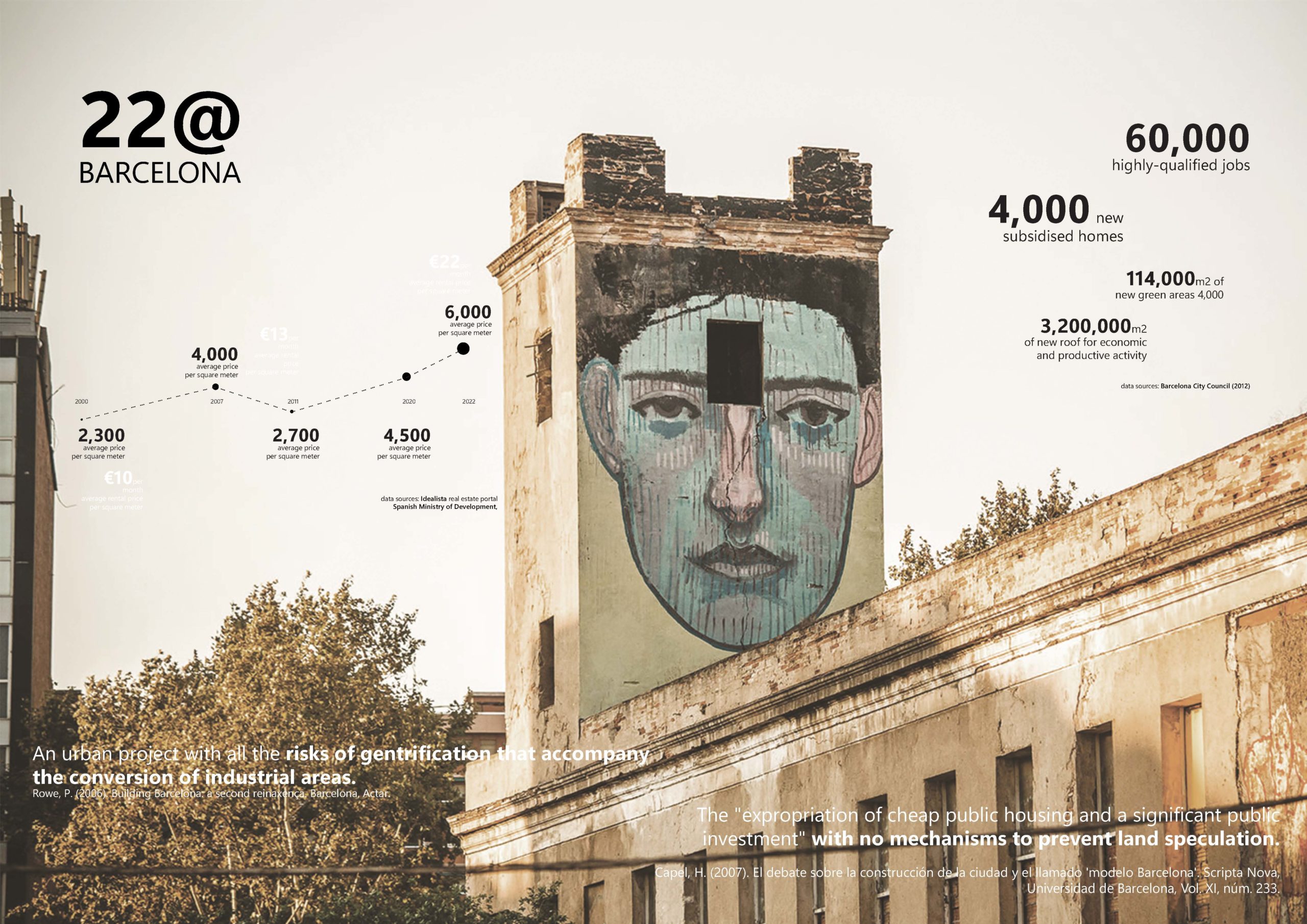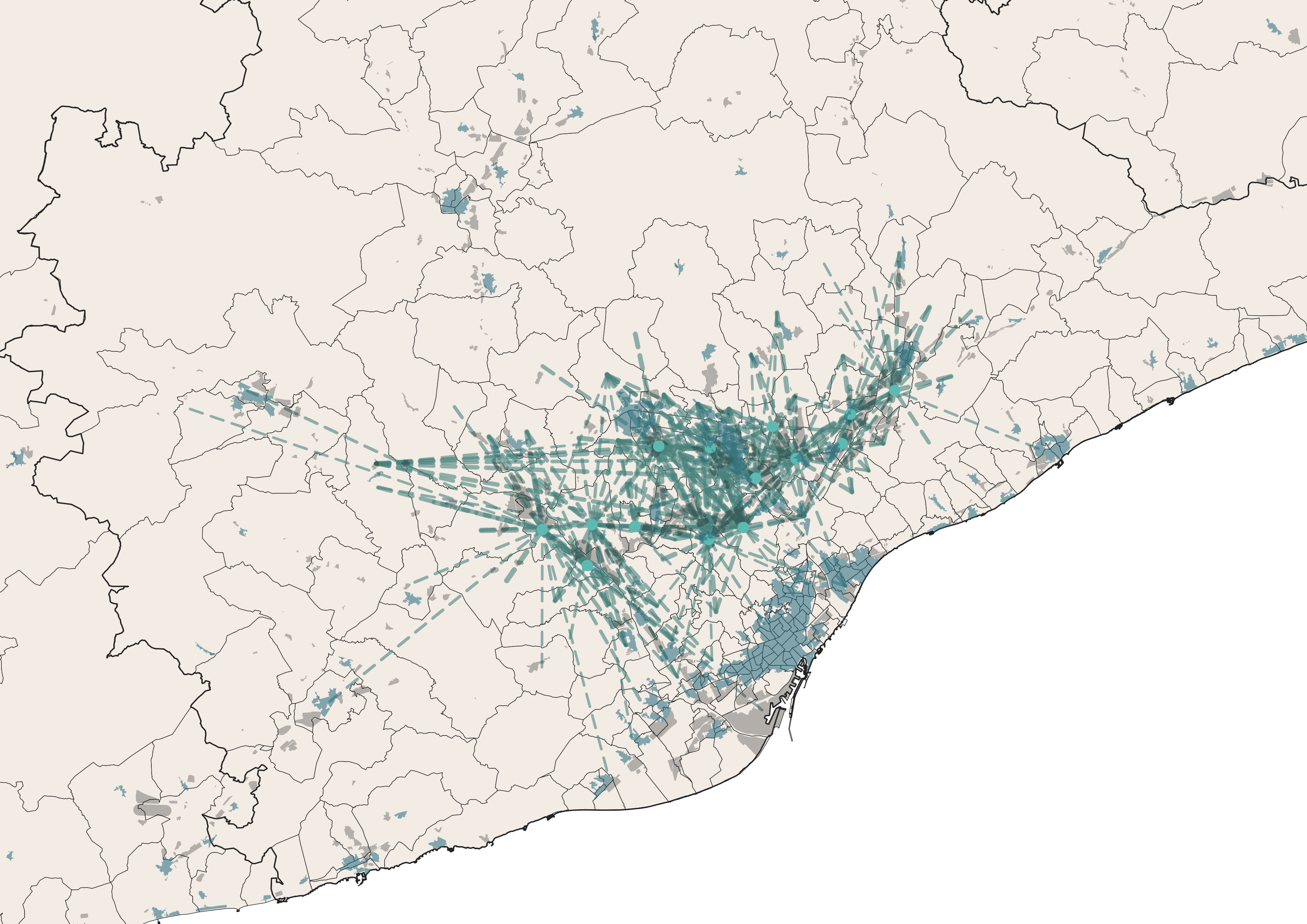Dislocating Creativity
“A Data-Driven Approach to Balancing Creative Class Development and Social Equity in Barcelona” The creative industries have been acknowledged as one of the most important sectors for economic growth and development in current cities worldwide. This sector represents a space of culture where all artistic and creative expression that pro-actively enters into dialogue with new … Read more





